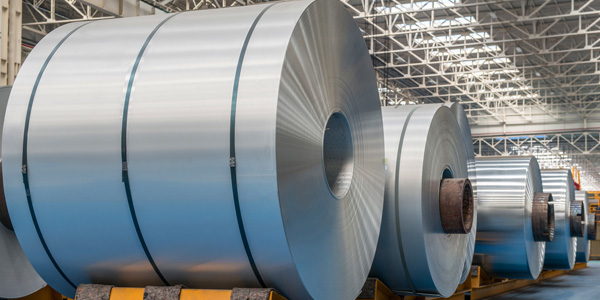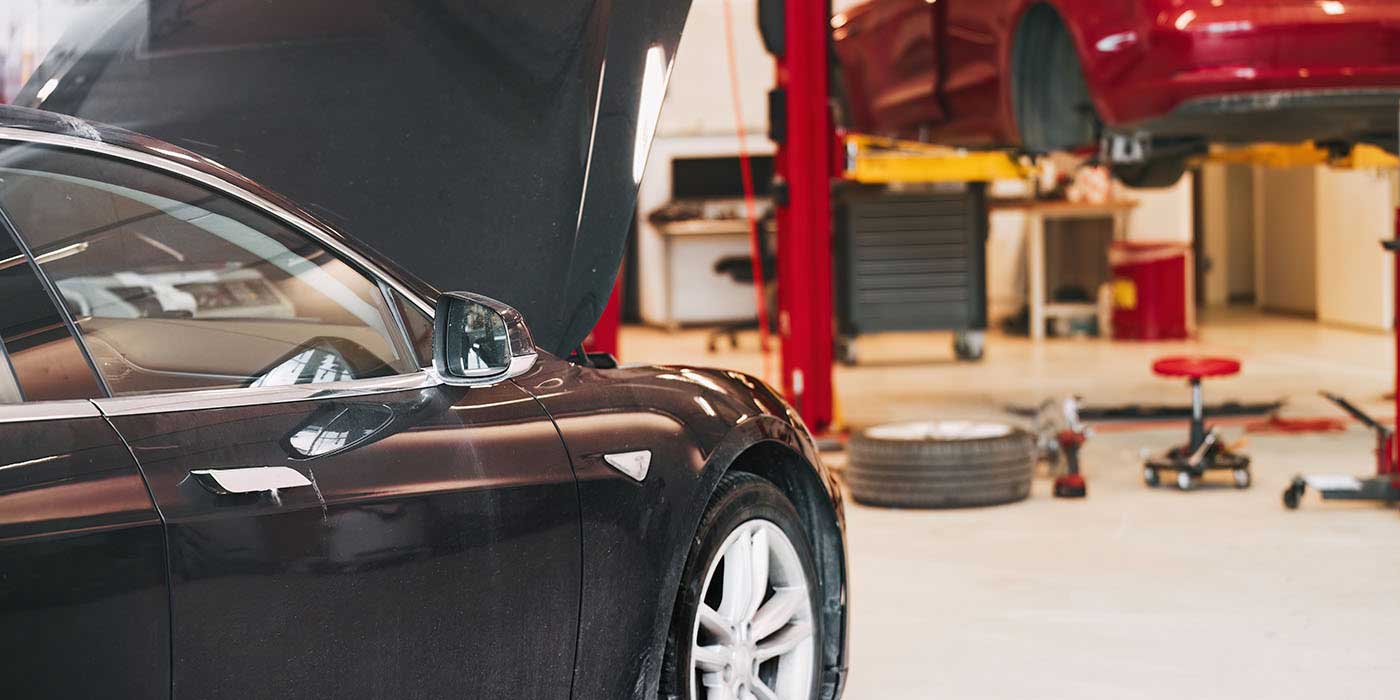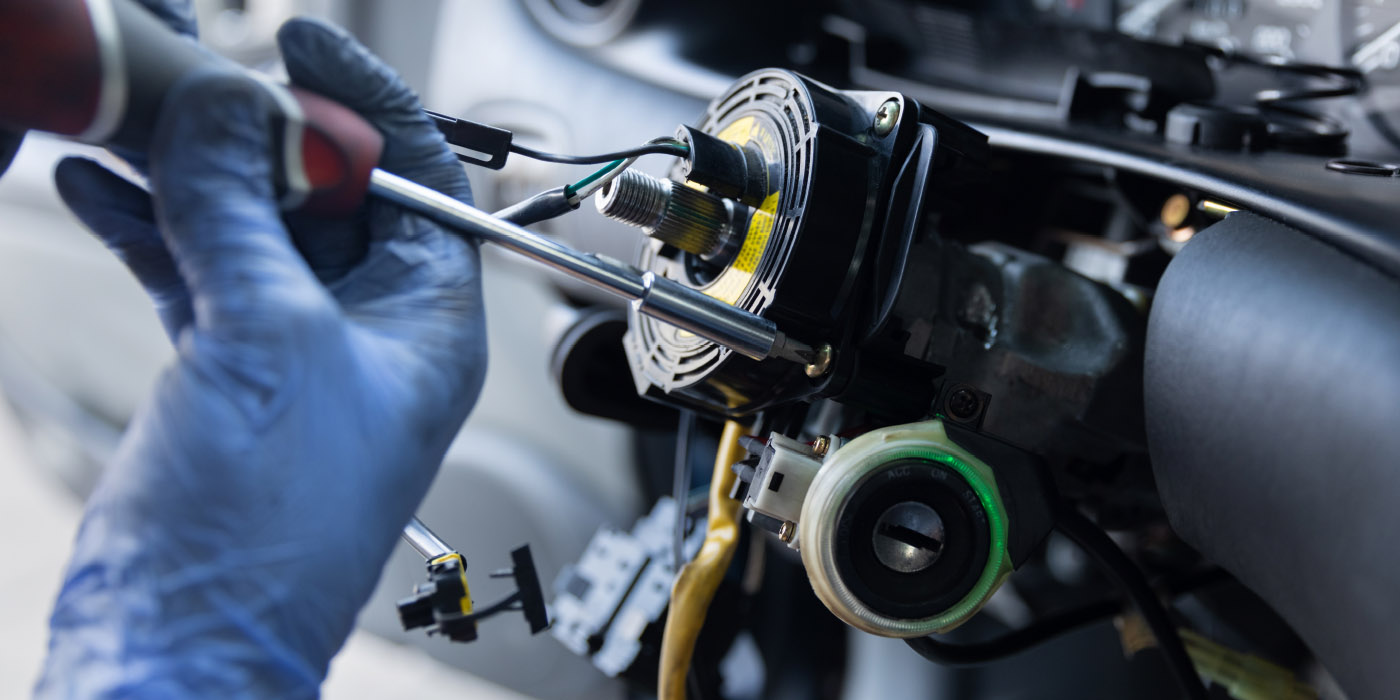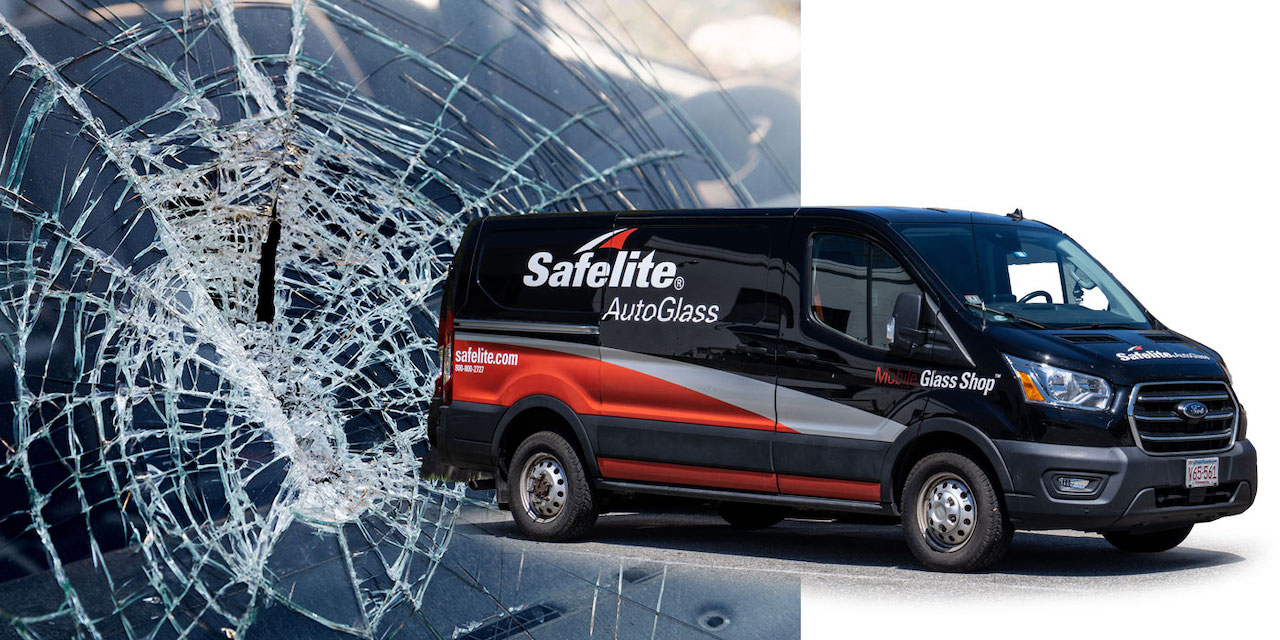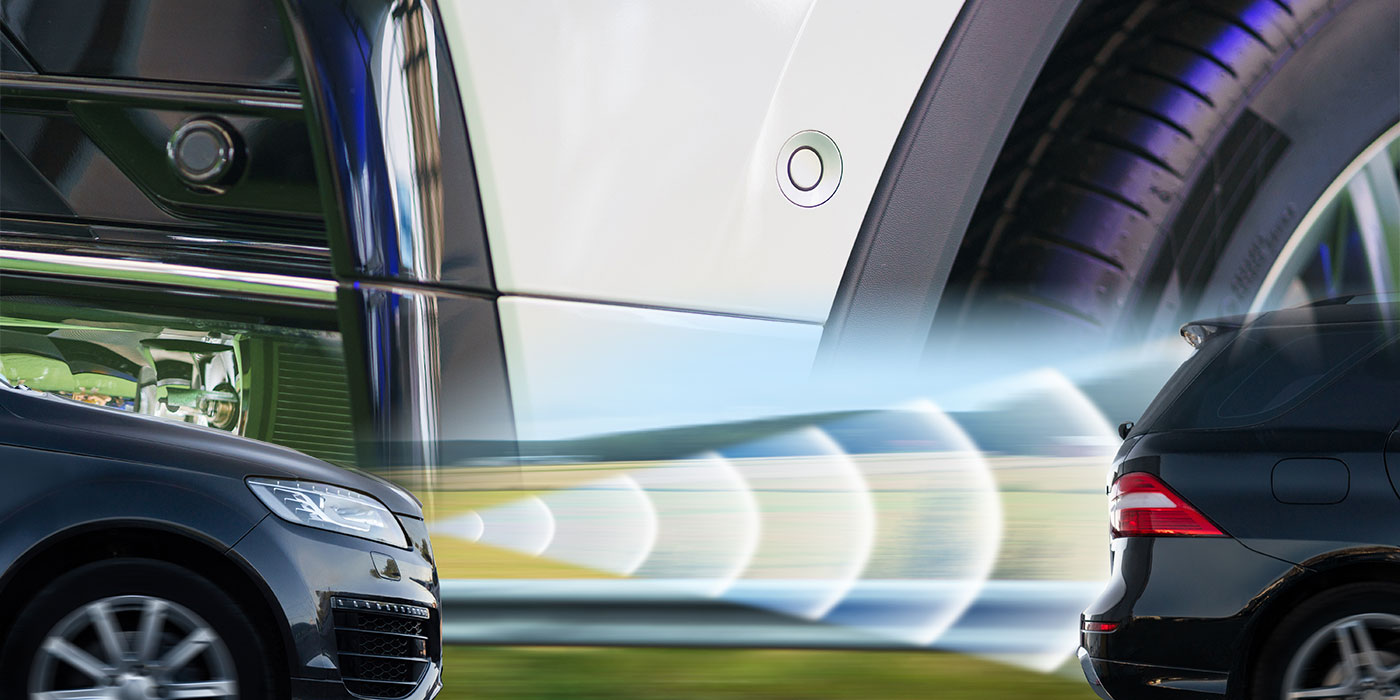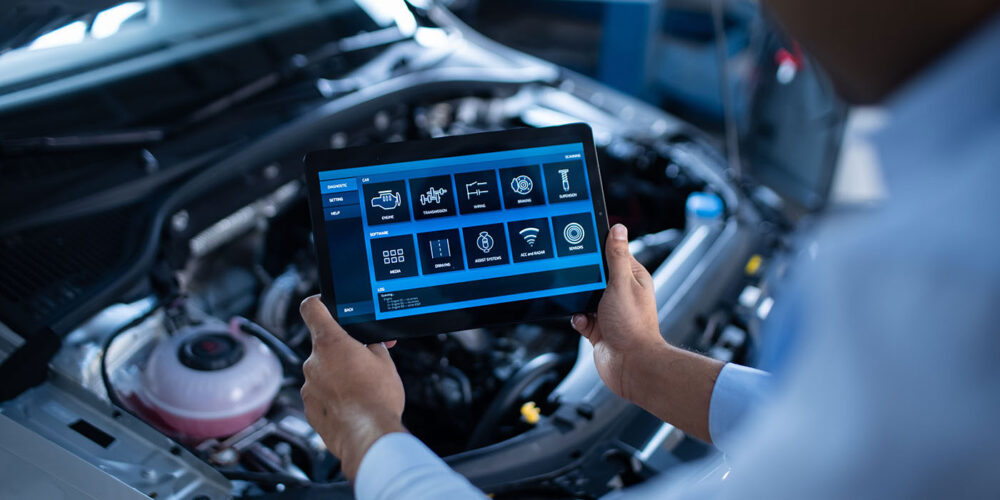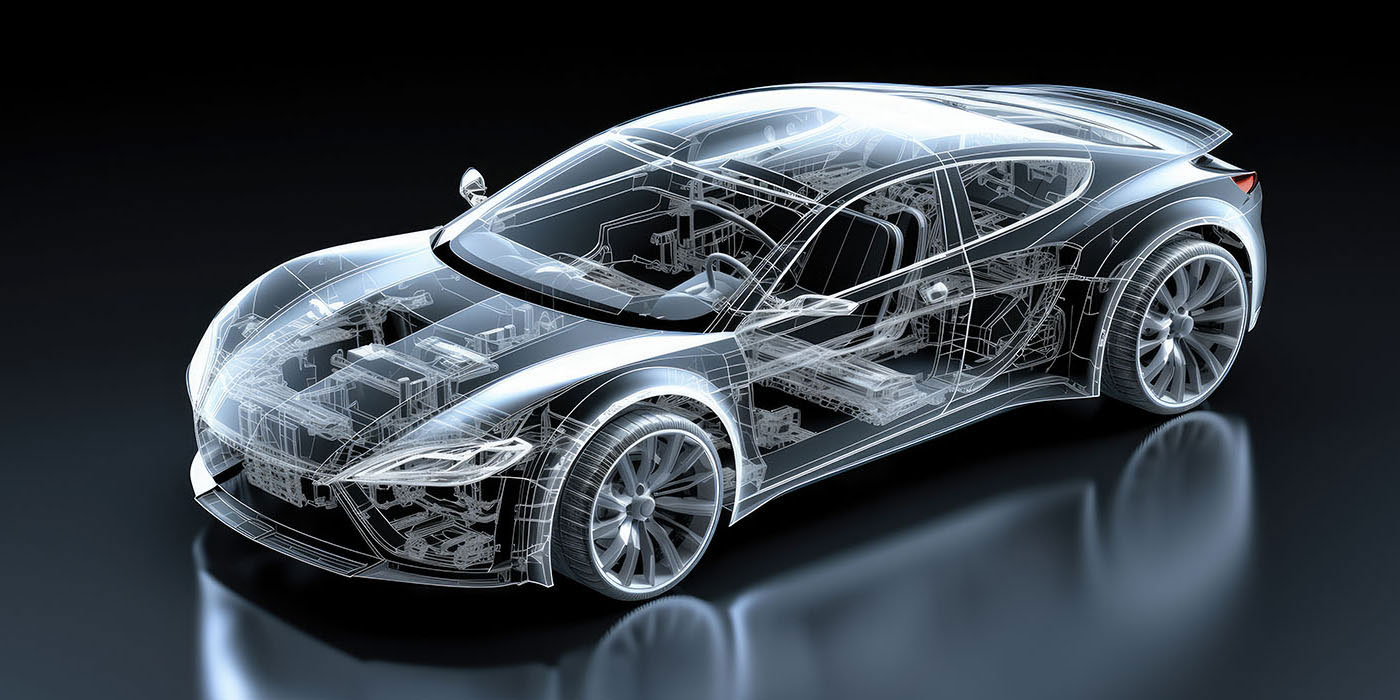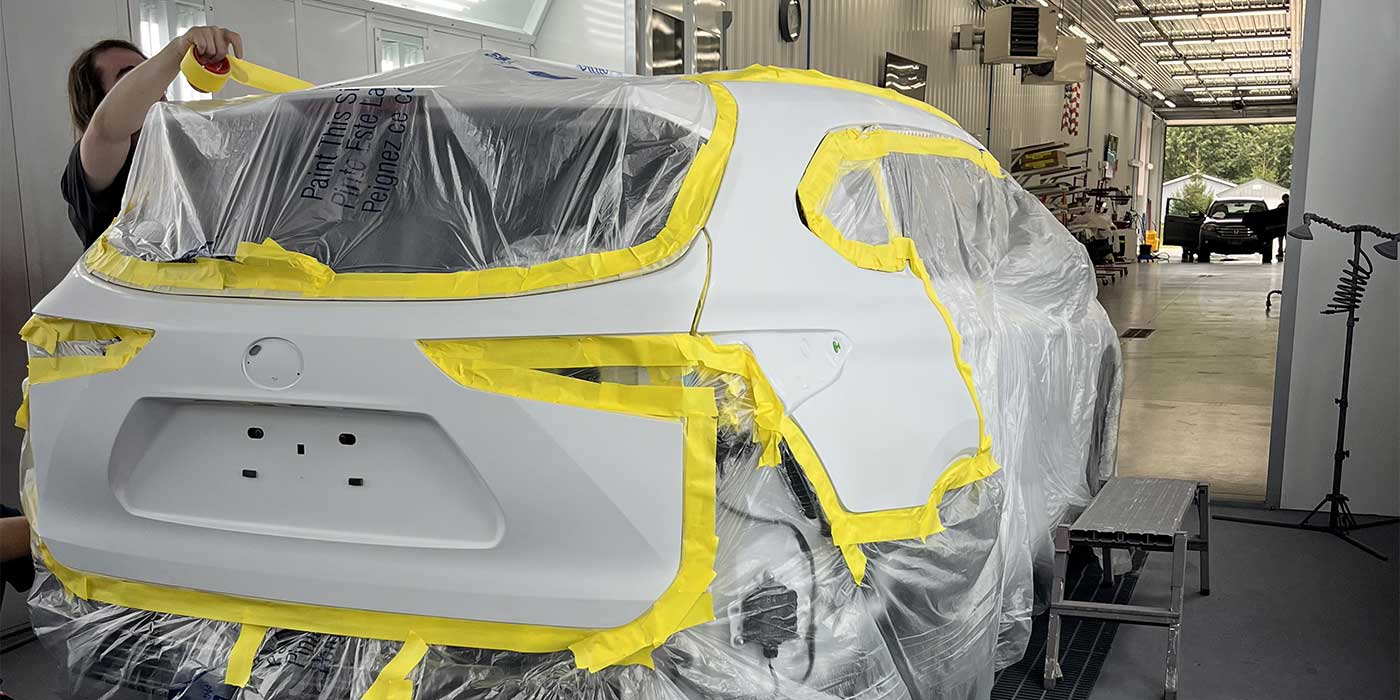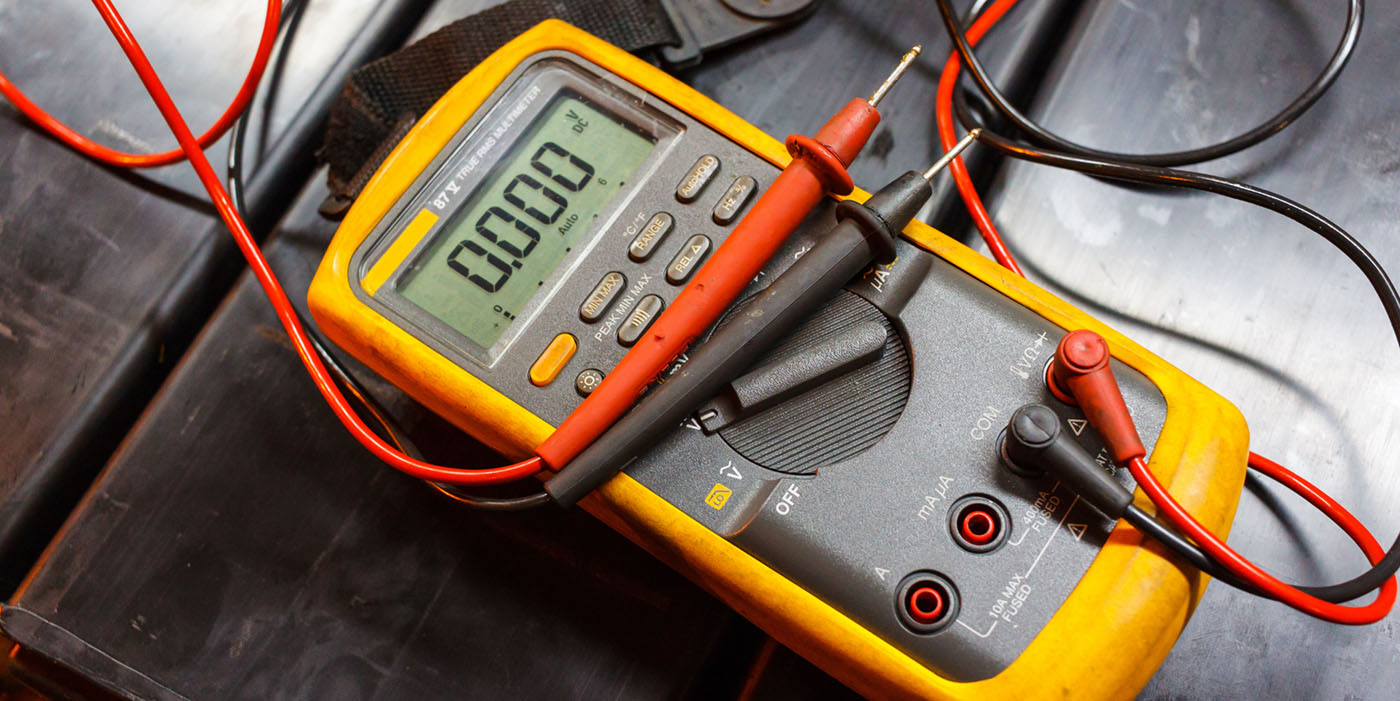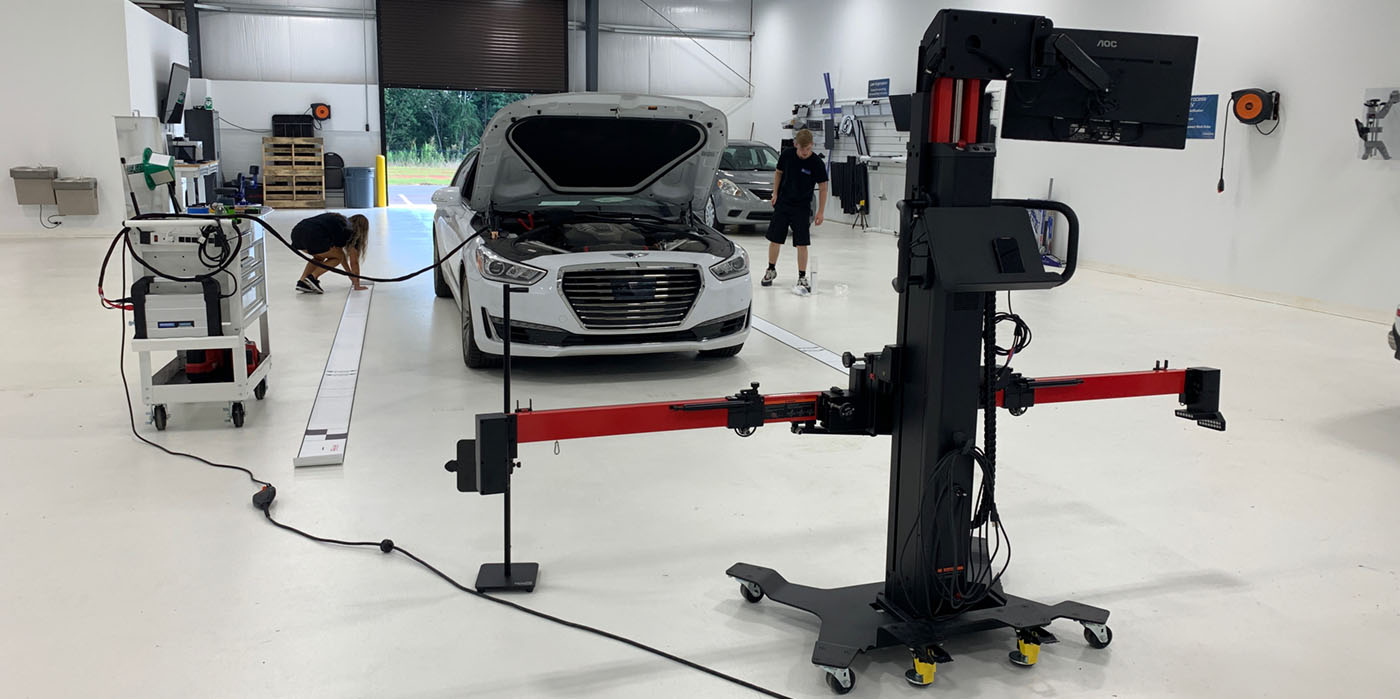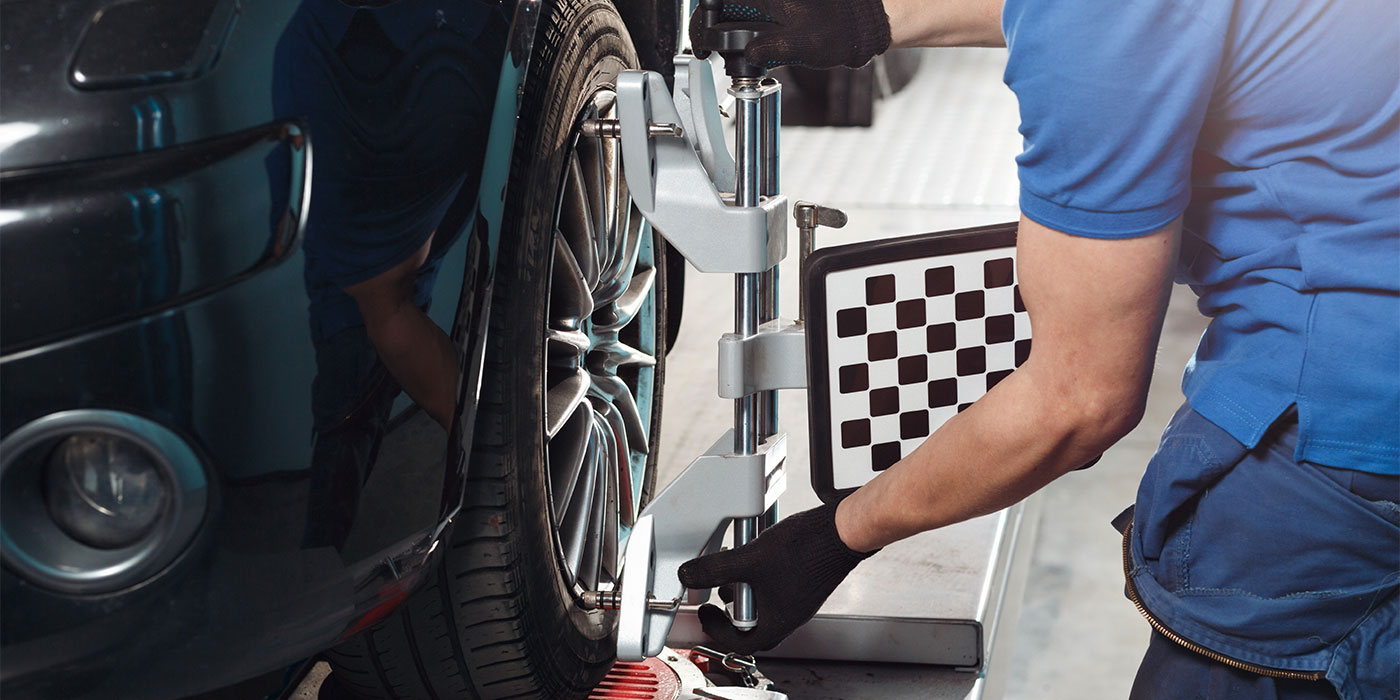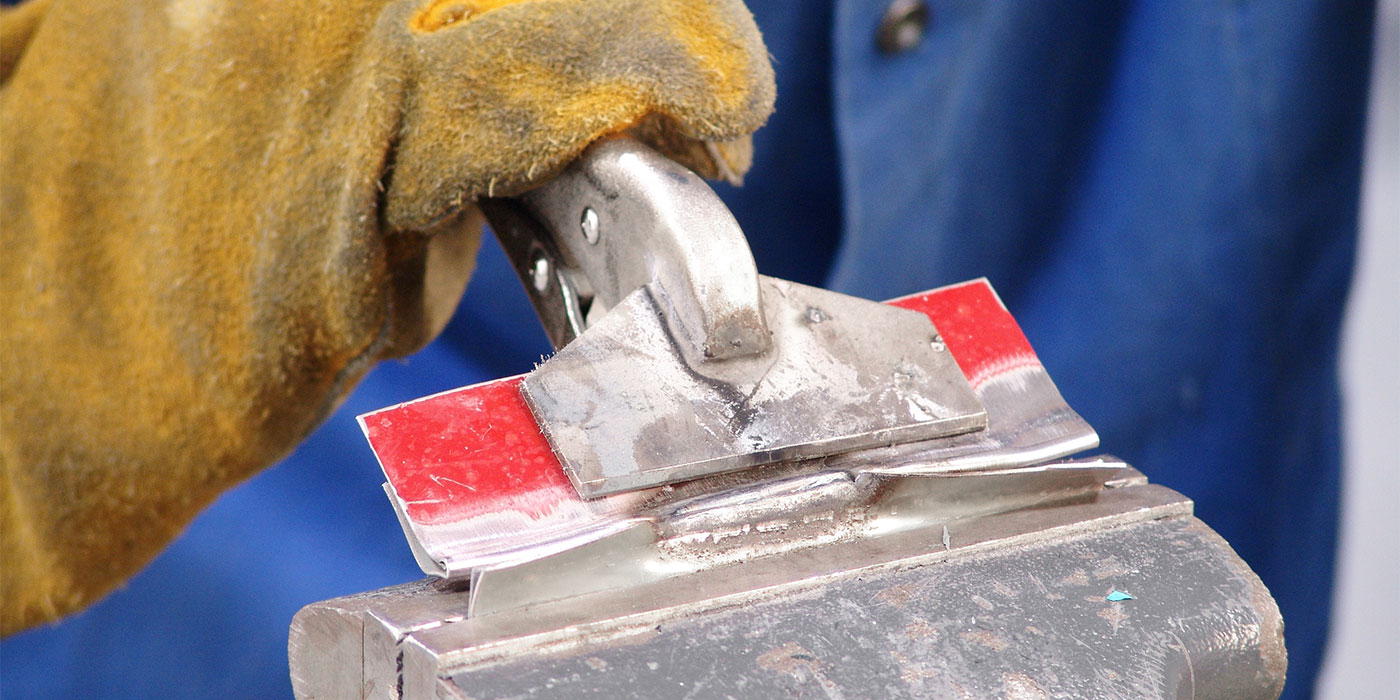Q: Is aluminum here to stay? I have not tooled up for it yet and want your opinion on whether it’s just a flash in the pan or…?”
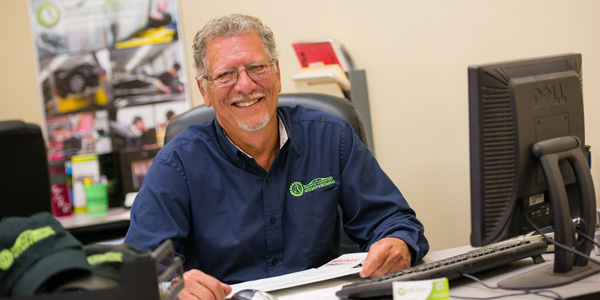
— Galen Carlson, president/owner, North Country Auto Body & Mechanical, Hugo, Minn.
A: When I first read this question, I thought, “Well, this is a no-brainer.” Then I started researching and asking questions of shops.
Many Factors
I have an answer, but it’s a little twisted. You see, I can tell you about the orders automakers have sent to companies such as Alcoa for construction of their vehicles for the next year and give you a definite answer of yes. I can look to the need for making vehicles lighter and stronger to meet the government CAFE standards, and again the answer is yes. I can look to Ford using aluminum in the new F series trucks, and again the answer is yes. I can look to new ELV (End of Life) standards for vehicles and say yes again. Recyclability, yes. Corrosion, yes. All these factors prove that aluminum will continue to be a main factor in vehicle construction for years.
Here to Stay?
But, is it here to stay? Well, that’s a loaded question. Vehicle manufacturers are changing designs and construction materials at a ferocious pace. The need to reduce weight has led to a push for carbon fiber and other steels and composite materials. So is it here to stay? To an extent, yes. How long? And what percentage of use? That’s different. Vehicle manufacturers again are blazing into the future with new ideas and materials to work with. The number of entities that are working and competing to improve all materials is tremendous. If someone comes up with a different economical, light and strong material, then I suspect a shift will happen. When this will happen is anyone’s guess.
Should I Invest?
Factoring in shops that are trying to decide if they should invest in equipment to repair aluminum invokes a different train of thought. The question really is, “If aluminum is here to stay, do I have to buy repair equipment?” That comes down to a business decision.
If you want to just R&I an aluminum hood on a Honda, do you need all the equipment recommended for repairing aluminum? Technically, no. I get the certified-shop argument. But technically, do you need anything but a socket and a wrench to R&I a hood? Now, if you want to repair a dent in an aluminum panel, we now have a need for some equipment. If I want to weld or straighten an aluminum panel or repair an aluminum frame, I need other equipment.
The point is, what do you want to do? If you desire to get deep into aluminum repair, do your homework on equipment. The prices and new products available are endless. The expense of purchasing this equipment has been reduced greatly as competition for that market increases. What level do you want to be capable of? That’s your decision. If you just want the ability to do minor repairs, do your due diligence as to what you need, then purchase accordingly. If you want a vehicle manufacturer certification and have the resources for the equipment, then go for it. Research and purchase what you require to gain that certification.
Summary
Yes, aluminum is here to stay. You just need to figure out what you want to do and evaluate what you can afford not to be able to do in your shop. If you just want to R&I minor panels, then the investment in equipment is low. If you want more ability, the cost of equipment goes up from there. Buy what you need to do the job correctly and safely.
The concern I have is people not doing repairs correctly and not buying the equipment to do the job right for the level of repair being performed. There is no excuse for that. If you are not equipped or trained to do the repair correctly, don’t do it. We as an industry all pay the price when repairs go wrong because all of our reputations take a hit.
So sit down and make a plan. Look at the equipment and how often you would use it. See what your return on investment would be. You may be surprised when you see how much you could have repaired versus replaced.

